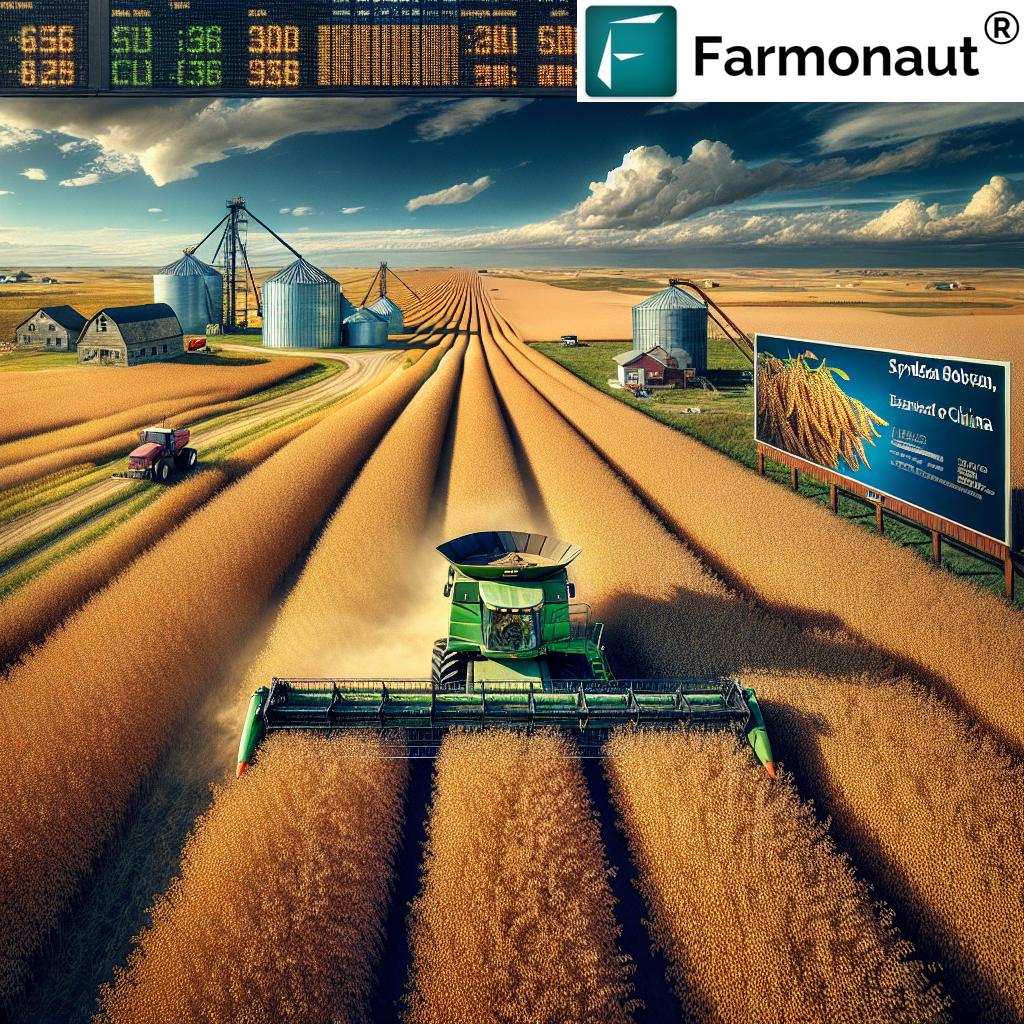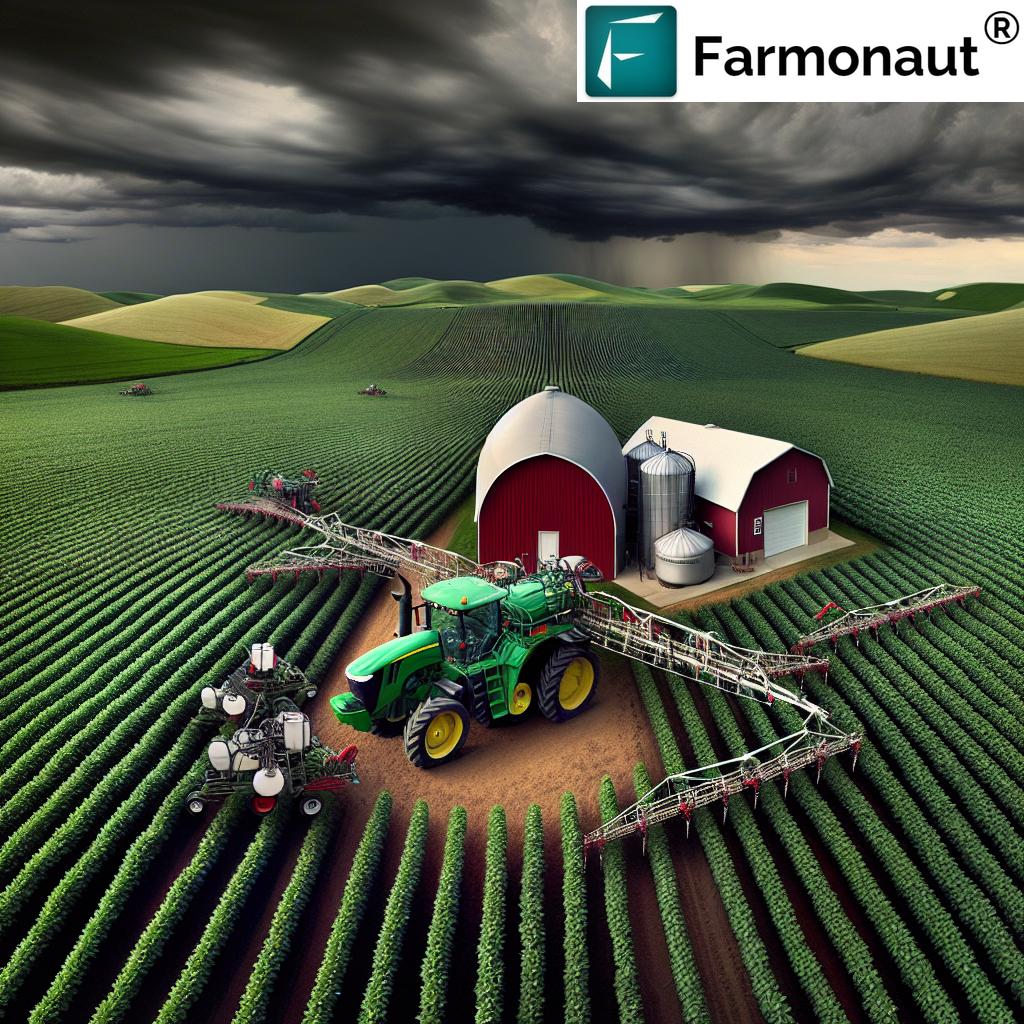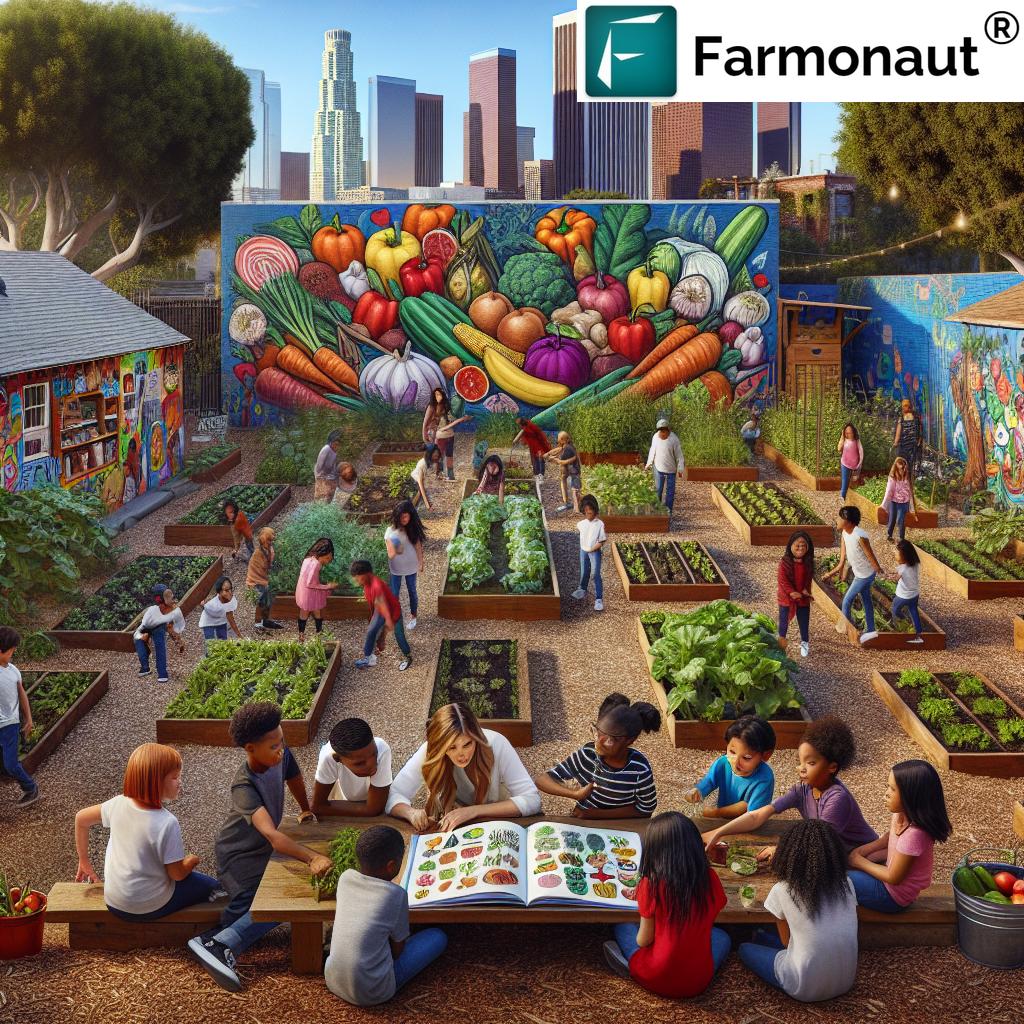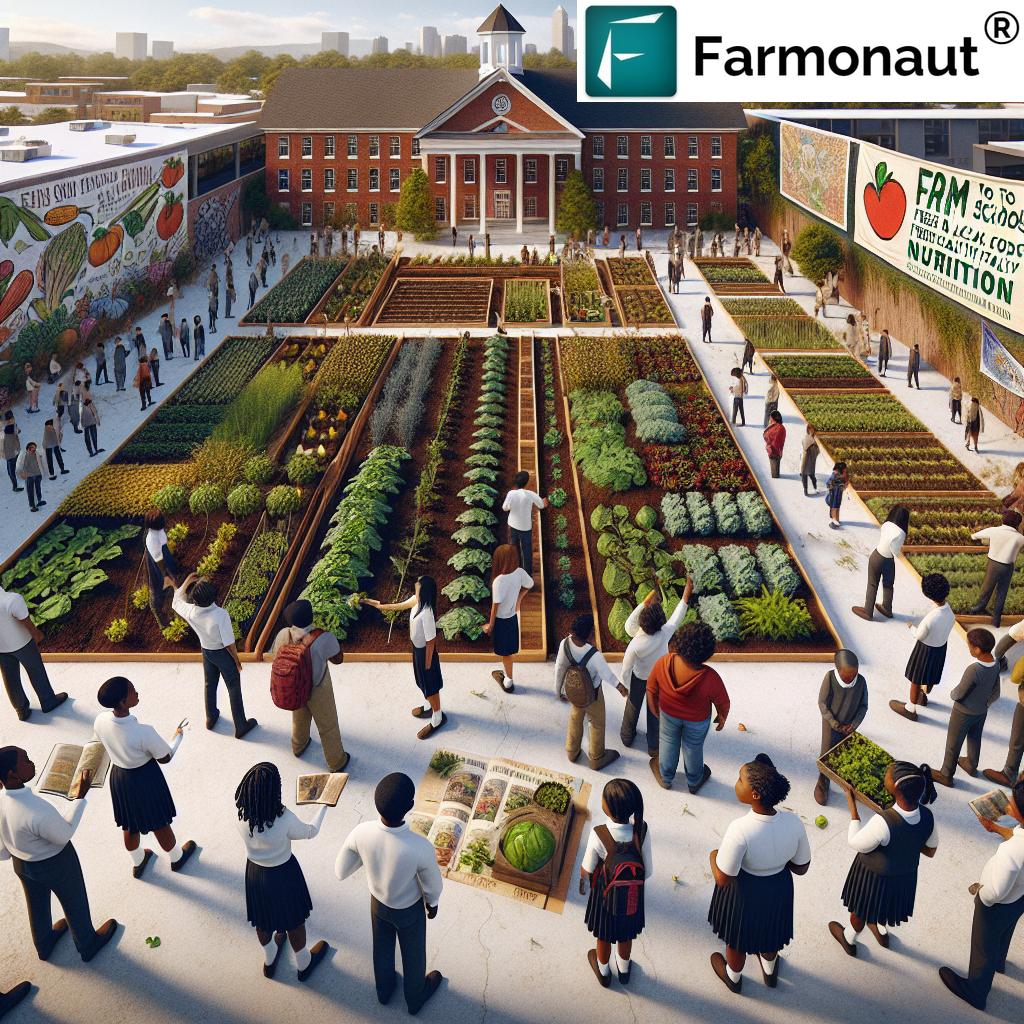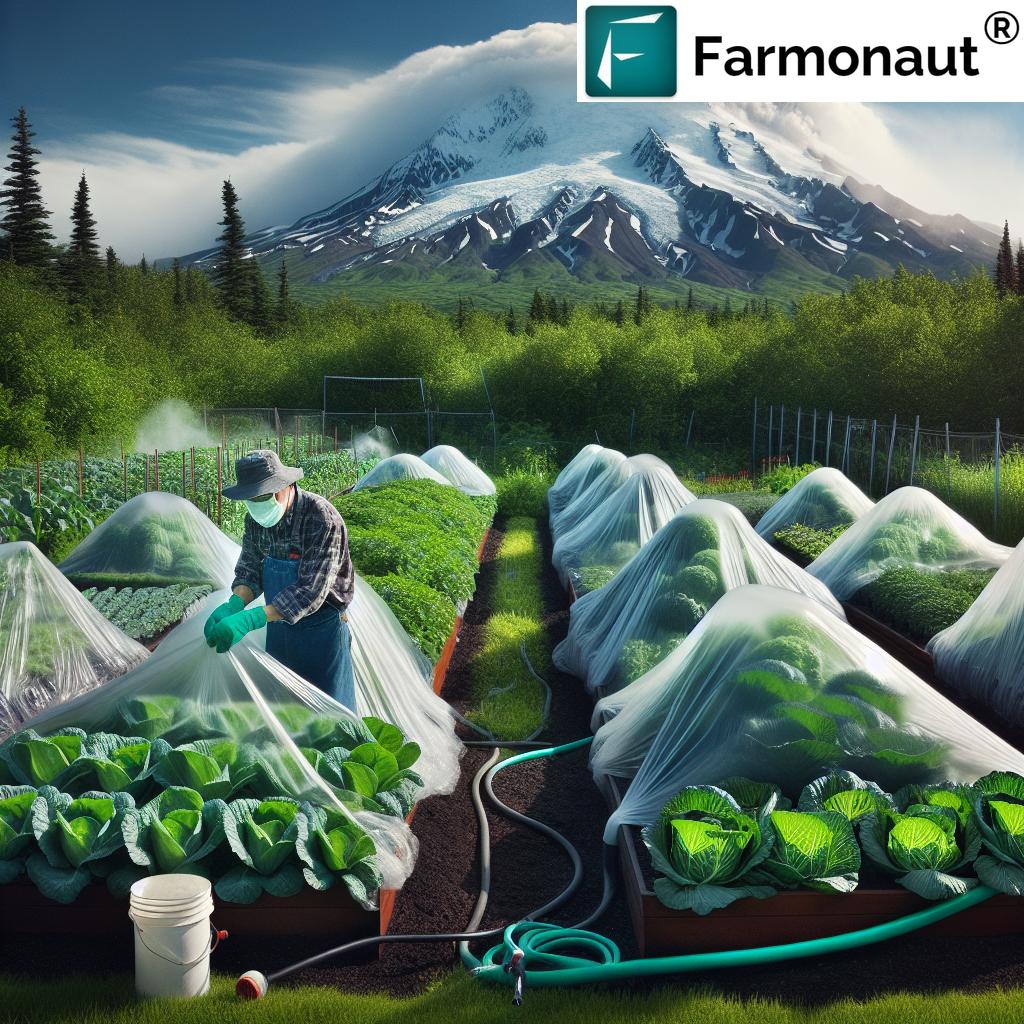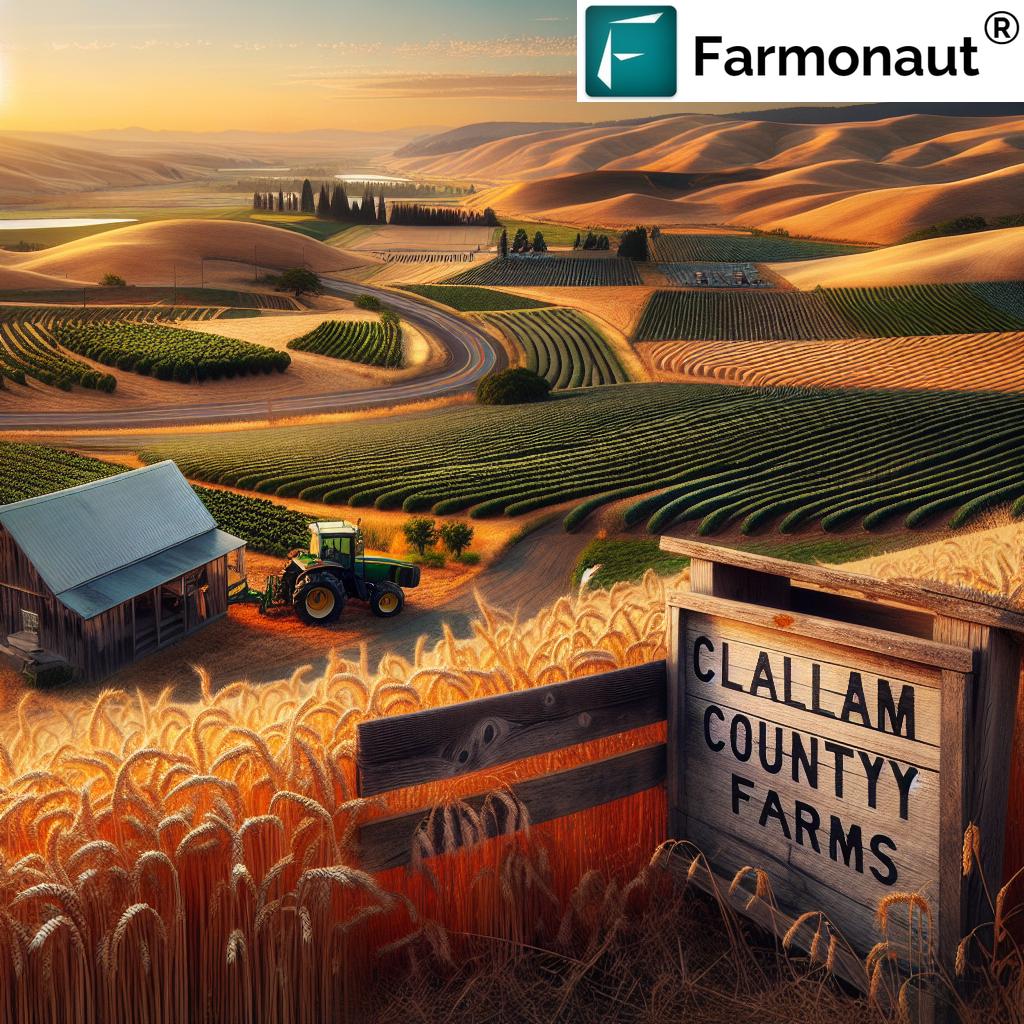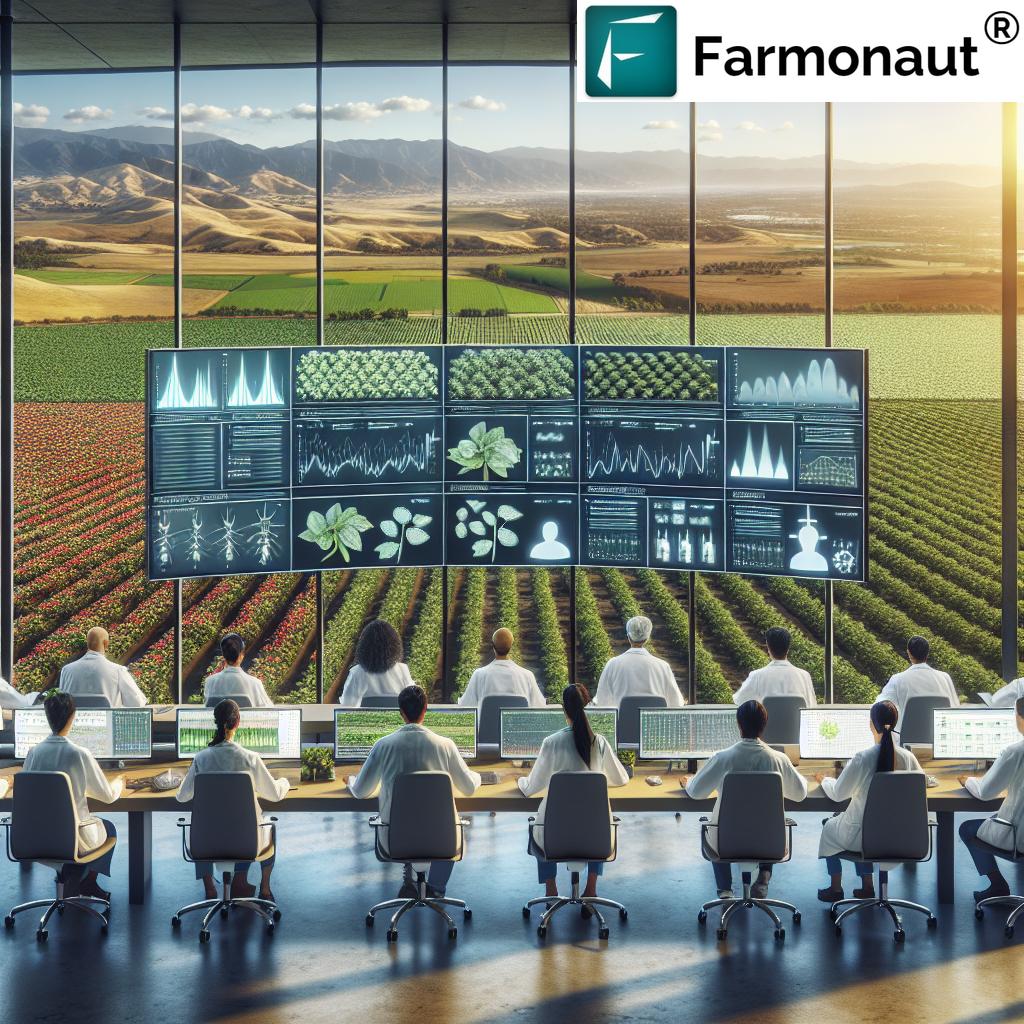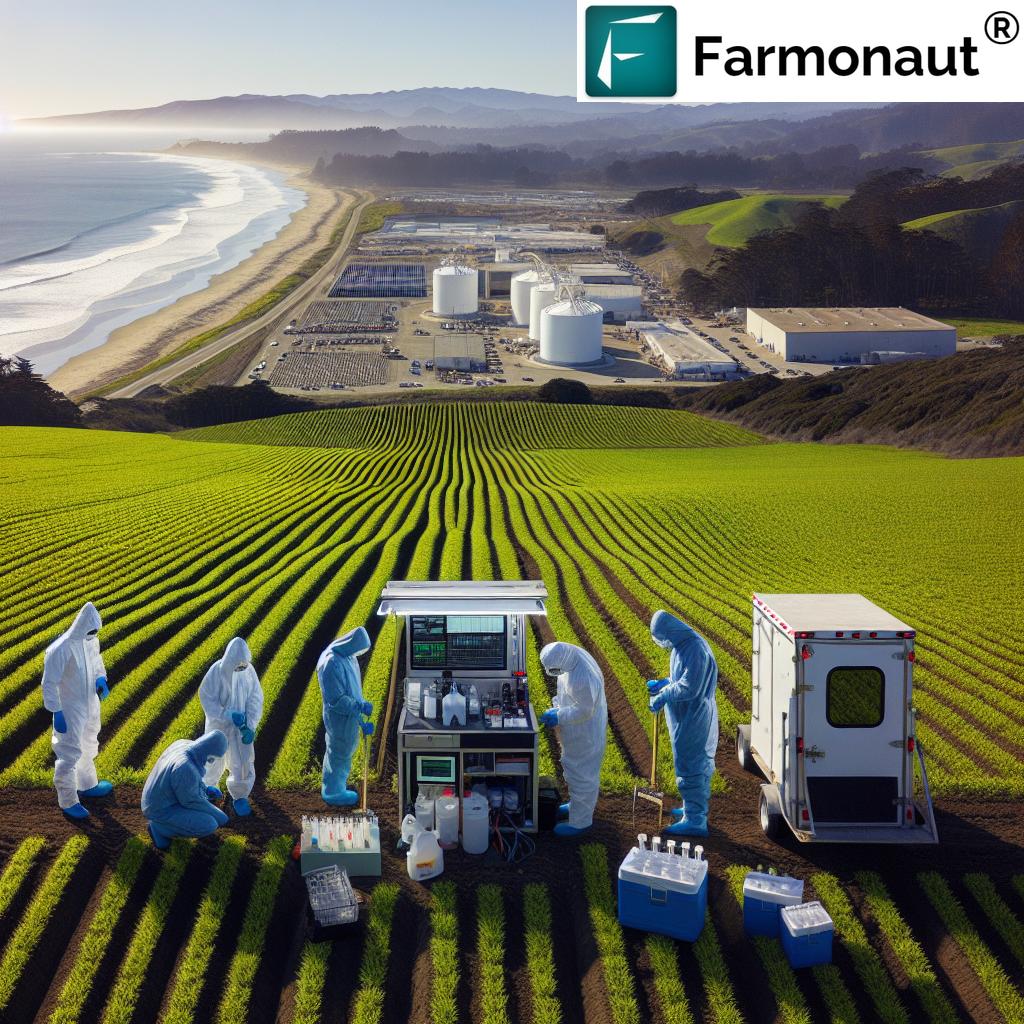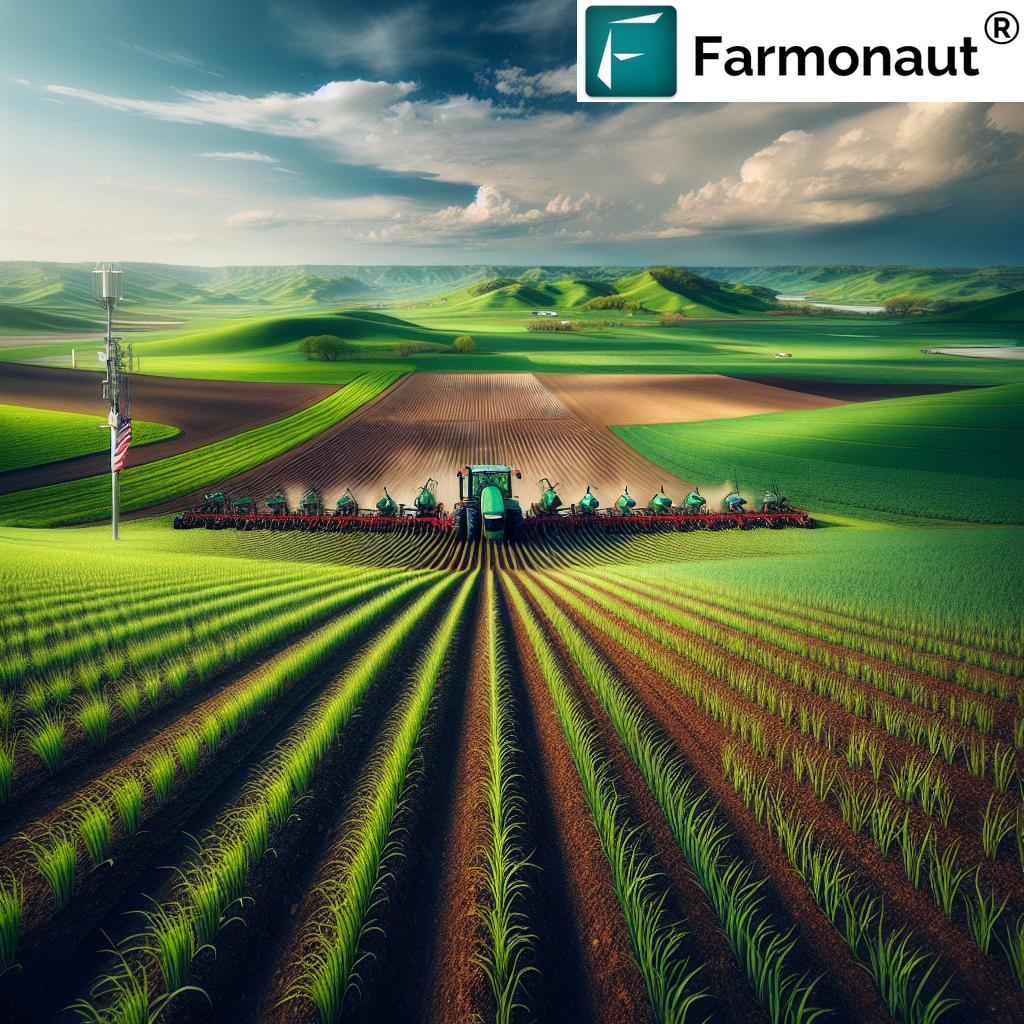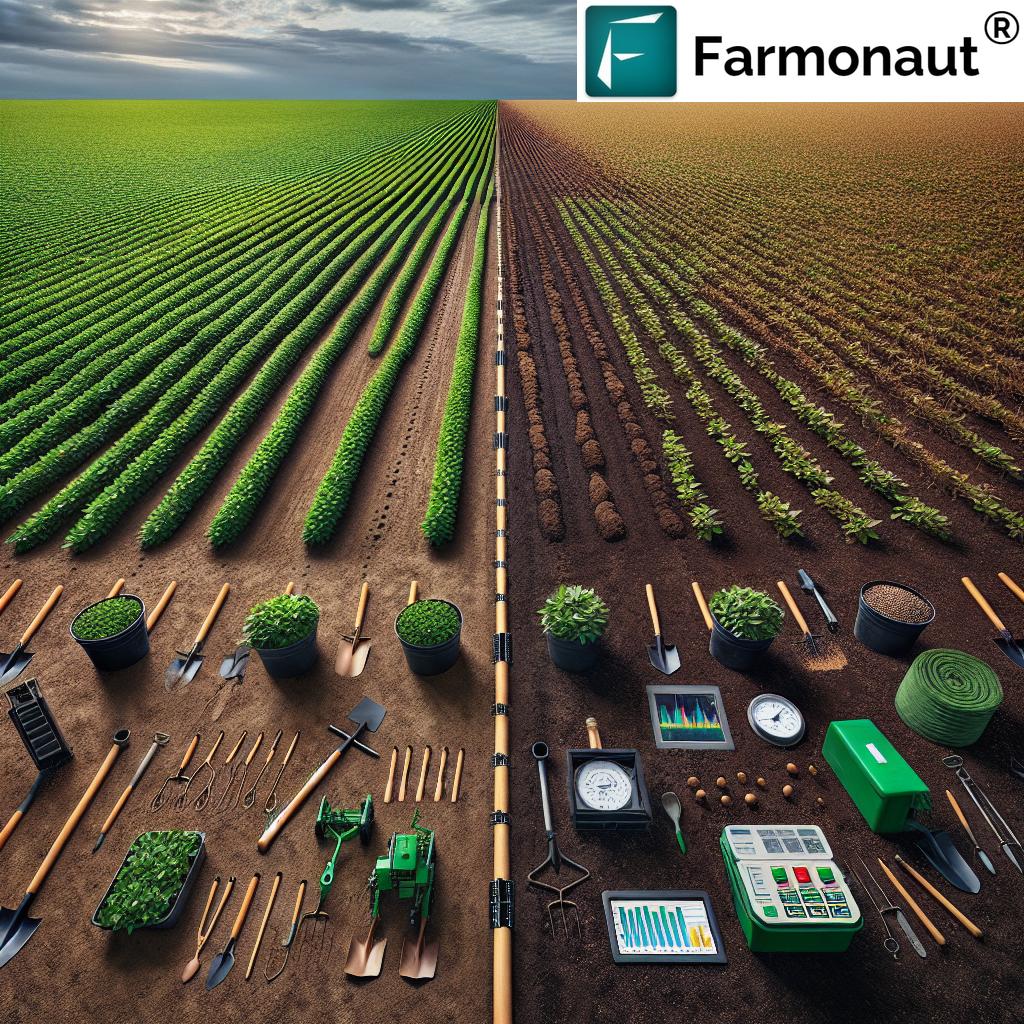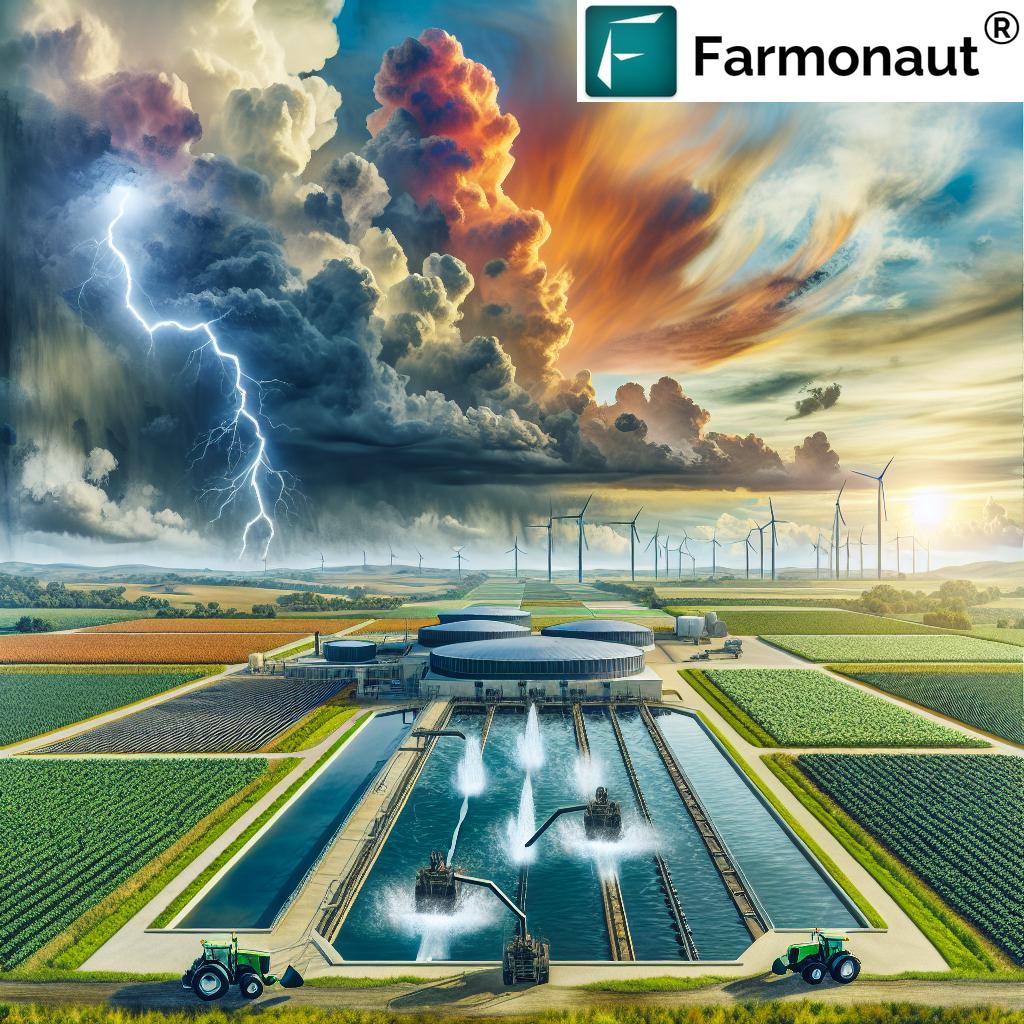Detroit Farming: Urban Agriculture & Farmers Market 2025
Meta Description: Detroit farming and urban agriculture are transforming the city’s land, community resilience, and food access in 2025. Discover new sustainability practices, thriving farmers markets, and the future of Detroit’s agricultural landscape.
“Detroit’s urban farms are projected to supply 15% of the city’s fresh produce by 2025.”
Detroit Urban Agriculture: Revitalizing Farming in the Heart of the City
Detroit, once known primarily as the epicenter of the American automotive industry, has undergone a remarkable transformation in recent years. By 2025, Detroit is emerging as a beacon of urban agriculture, with a landscape that stands as a testament to the power of sustainable farming in cities. This dynamic movement is not just about growing crops—it’s about reclaiming unused land, fostering community resilience, and offering fresh, healthy local produce to Detroit’s residents. Through innovative farming practices, vibrant farmers markets, deep community engagement, and the effective use of technology, farming in Detroit is inspiring cities across America and beyond.
From Automotive Hub to Urban Farming Beacon: Detroit’s Remarkable Shift
Detroit’s identity has long been known for its role as the epicenter of the American automotive industry. Yet, as industrial dynamics shifted over decades, the city experienced population decline and a growing inventory of vacant land. Rather than let these parcels stagnate, organizers and local growers seized an unprecedented opportunity to reimagine land use in a way that would reclaim Detroit as a leader—this time in urban agriculture.
By 2025, Detroit farming has evolved into a dynamic movement that integrates economic, social, and environmental goals. Detroit urban agriculture doesn’t simply grow crops; it revitalizes neighborhoods, reducing urban blight and giving residents a sense of pride and purpose. Today, urban farms pepper Detroit’s landscape, from small backyard plots to larger commercial spaces, each contributing to the city’s transformation into a model of sustainability.
Reclaiming Unused Land: Building Community Resilience via Urban Agriculture
One of Detroit’s greatest assets in 2025 is its vast inventory of vacant land. This land—formerly the site of homes and factories—is now the foundation for urban agriculture. Organizers and community leaders have converted thousands of parcels into flourishing green spaces that serve both social and environmental goals.
- Thousands of unused lots: Spread across Detroit’s neighborhoods, reconnecting communities with their environment
- Backyard gardens to commercial-scale urban farms: Ranging from small plots tended by families to larger, high-output agricultural operations
- Purpose-driven land use: Every garden and farm aligns with values like fostering food security, providing access to fresh, local produce, and building resilience for neighborhoods once considered food deserts
Detroit farming is about much more than simply putting seeds in soil—it means optimizing space, increasing local food production, reducing food miles, and laying the groundwork for a new era of community health and economic opportunity.
Why Vacant Land Matters in Detroit Urban Agriculture
- Reducing urban blight: Transforming abandoned spaces into productive, green environments that boost property values and attract investment
- Enabling experimentation: With thousands of parcels available, Detroiters can test innovative farming methods like aquaponics and hydroponics
- Strengthening social ties: Community gardens become hubs for neighbors to gather, share knowledge, foster resilience, and nurture a shared purpose
“Over 1,500 acres in Detroit will be dedicated to urban agriculture and farmers markets in 2025.”
Innovative Farming Methods in Detroit: Sustainable & Urban Practices for 2025
Farming in Detroit is characterized by innovation and adaptability. The urban environment brings unique challenges—such as limited space, seasonal constraints, and variable soil quality—but also spurs new approaches to agriculture in the city.
- Raised Bed Gardening—used both in backyard plots and on larger urban farms, raising soil levels to optimize drainage, soil health, and crop yields
- Hydroponics and Aquaponics—widely adopted in Detroit by 2025, these techniques support year-round cultivation and maximize every square foot, using up to 90% less water than traditional methods
- Organic and Low-Input Farming—Detroit growers increasingly prefer organic methods, reducing chemical inputs and building soil health for both environmental and consumer benefit
- Vertical Farming—optimizing space and production even further, vertical farms are on the rise in Detroit’s climate-resilient agricultural sector
These innovative practices not only address urban constraints but also align with Detroit’s sustainability priorities in 2025, supporting environmental stewardship, resource efficiency, and local food security.
Examples of Innovative Urban Agriculture Techniques Employed in Detroit
- Compost and Waste Recycling: Urban farms use local food waste to create compost, enriching soils while reducing landfill load
- Low-Impact Irrigation: Drip systems and water recapture help reduce water use and make farming more sustainable
- Multi-Season Production: Greenhouses and polytunnels allow Detroit farmers to produce fresh crops—from leafy greens to tomatoes—year round
- Pollinator Habitats: Many urban farms dedicate space to pollinator-friendly plants, supporting both agricultural production and broader environmental resilience
Detroit Farmers Market: The Vibrant Heart of Urban Agriculture
The Detroit Farmers Market isn’t just a venue for selling locally grown produce; it stands at the heart of the city’s urban agriculture movement. In 2025, the market functions as a pivotal hub for commerce, cultural exchange, and agricultural innovation.
- Connection with Consumers: Detroit’s urban farmers sell directly to residents, building trust and loyalty around fresh, healthy, and transparent food systems
- Entrepreneurship Platform: The market supports both small-scale growers and larger commercial operations, helping them access a diverse customer base and scale their impact
- Cultural & Educational Role: Features cooking demos, nutrition workshops, youth gardening programs, and celebrations of Detroit’s rich agricultural heritage
Visit the Detroit Farmers Market to witness sustainability principles in action—from organically grown greens to innovative hydroponic displays and community-led food justice initiatives.
Why Farmers Markets Matter in Detroit Urban Agriculture
- Strengthen Local Economy: Detroit residents keep food dollars in the community, supporting diverse growers and food producers
- Promote Healthy Eating: Markets provide access to affordable, fresh local produce for all neighborhoods, critical in areas previously classified as food deserts
- Foster Community Resilience: By connecting farm, kitchen, and table, farmers markets empower urban agriculture and nurture a culture of sustainability
Detroit Urban Agriculture and Food Justice Initiatives: Bridging Healthy Access Gaps
One of the most significant achievements of Detroit farming is its role in advancing food justice. For decades, many Detroit neighborhoods were recognized as food deserts—areas with no nearby source of fresh, affordable, and nutritious food. Urban agriculture initiatives have helped to bridge these gaps.
- Increased Healthy Food Access: Urban farms supply fresh produce to local stores, markets, schools, and directly to residents through farm stands and CSAs (community-supported agriculture)
- Nutrition Education: Community gardens host workshops on preparing vegetables, understanding balanced diets, and making healthy food choices
- Youth Engagement: School gardens and mentoring programs introduce the next generation to sustainable agriculture practices and community leadership
- Empowerment through Participation: Residents growing their own food gain control over their diets, health outcomes, and environment
Reducing Food Insecurity through Local Production
- By supplying fresh greens, fruits, and vegetables locally, Detroit urban agriculture reduces the dependence on distant supply chains
- This minimizes food miles, slashes transportation emissions, and ensures produce is harvested at peak nutritional value
- Urban farms also act as educational platforms, cultivating a city-wide culture of healthy, sustainable food choices
Economic Impact: Jobs, Entrepreneurship, and Community Growth in Detroit Urban Agriculture
Urban agriculture is catalyzing a new wave of economic development in Detroit. Farming in Detroit has become a vital sector, creating jobs and fostering entrepreneurship at every level—from small family gardens to commercial-scale greenhouses and processing facilities. In 2025, the urban farming sector plays a pivotal role in the city’s local economy.
- Job Creation: Urban agriculture spurs employment opportunities in cultivation, harvesting, sales, distribution, marketing, and agritourism
- Small Business Ecosystem: Urban farms and food businesses benefit from Detroit’s supportive policies, microloans, and a culture of innovation
- Supporting Local Vendors: More than just farmers, the market ecosystem includes beekeepers, bakers, value-added producers (jams, pickles), chefs, and craft food makers
- Attracting Investment: Local and national investors now see Detroit as a model of agricultural resilience and growth, especially for funding innovative, sustainable projects
City policies now actively support urban agriculture, offering incentives for land acquisition, easy access to seeds and equipment, and reduced bureaucratic hurdles for urban growers. As a result, Detroit’s urban farms are transforming the city into a proactive symbol of economic resilience.
Scaling Detroit Urban Farming Operations: From Plot to Enterprise
- Detroit’s urban farms range from under 1 acre to 20+ acres, each with unique business models
- The Farmonaut large scale farm management solution can help urban farmers manage and monitor farm operations efficiently, leveraging real-time satellite data to boost productivity
- Market and food co-ops empower new waves of local agri-entrepreneurs, creating tight-knit chains of food resilience
Technology and Innovation: The Digital Future of Detroit Farming
By 2025, Detroit’s urban agriculture is deeply intertwined with advanced technologies, making city farming more productive, sustainable, and competitive with larger agricultural operations across the nation. The integration of digital platforms, satellite monitoring, and traceability tools positions Detroit as a standout example of innovation in urban farming.
- Satellite Monitoring: Satellite imagery (such as NDVI) allows Detroit growers to monitor soil, crop, and even neighborhood health in real-time.
- Resource Management Tools: Mobile and web-based applications optimize irrigation, scheduling, and harvest planning, ensuring peak efficiency.
- Data-Driven Decision Making: Digital dashboards aggregate weather, soil, and plant health data for smarter, more adaptive farming.
- Supply Chain Traceability: Tools like blockchain-protected product tracing (see Farmonaut’s traceability solution) guarantee transparency from farm to table, which encourages consumer trust and satisfies regulatory needs.
The digital revolution also extends to fleet management for urban farm delivery vehicles (Farmonaut fleet management), carbon footprint tracking, and innovative farm finance models using satellite-based crop verification (Smart Crop Loan and Insurance Platform). These advances connect community-based farming with global best practices.
How Technology Amplifies Detroit’s Urban Agriculture Goals
- Optimization: Satellite and IoT devices help optimize planting schedules, detect pests earlier, and reduce water use
- Scalability: Digital tools enable small growers to expand and compete with larger commercial operations
- Collaboration: Shared data platforms build community expertise and foster innovation in farming methods
Developers and farm-tech innovators can access the Farmonaut API and detailed API developer documentation at Farmonaut Satellite Weather API Documentation to build custom integrations for Detroit’s urban farmers and organizations.
Comparative Impact Table: Urban Agriculture across Detroit in 2025
Urban agriculture’s citywide impact can be quantified by comparing key benefits in different Detroit neighborhoods. The table below presents projected data for 2025, demonstrating tangible improvements in food access, carbon savings, and community engagement across the city.
| Neighborhood | Estimated Urban Farms | Acres Cultivated | Community Participation (%) | Local Produce Supplied (tons/year) | Reduction in Food Miles (%) | Estimated Carbon Savings (tons CO₂/year) |
|---|---|---|---|---|---|---|
| Midtown | 32 | 95 | 47 | 426 | 68 | 540 |
| Corktown | 19 | 42 | 39 | 160 | 55 | 188 |
| Brightmoor | 62 | 320 | 63 | 950 | 81 | 1092 |
| East Side | 70 | 410 | 59 | 1423 | 78 | 1388 |
| Southwest Detroit | 48 | 163 | 52 | 657 | 62 | 578 |
| North End | 26 | 85 | 44 | 308 | 54 | 242 |
| Jefferson Chalmers | 22 | 83 | 48 | 334 | 58 | 274 |
| Detroit Total 2025 | 279 | 1198 | 54 | 4258 | 71 | 4302 |
*These figures are projections based on city and community urban agriculture initiatives for Detroit in 2025.
Farmonaut: Empowering Detroit Urban Agriculture with Satellite Intelligence
As Detroit’s urban agriculture sector expands, leveraging technology becomes imperative for maximizing productivity, environmental sustainability, and transparency. We at Farmonaut recognize that Detroit farming—like all urban agriculture—benefits from actionable, affordable data and resource optimization tools.
- Real-Time Crop & Land Monitoring: Our app-based platform provides Detroit’s urban growers with up-to-date satellite imagery for tracking crop health, soil conditions, and resource use.
- AI Advisory Systems: Our AI-driven advisory system delivers weather forecasts, pest alerts, and tailored strategies, allowing Detroit farmers to optimize their urban operations.
- Blockchain Traceability: With blockchain-powered supply chain tools, Detroit growers can ensure transparency and build trust with consumers, especially at local markets. Learn more about this on our traceability solutions page.
- Environmental Monitoring Tools: Through carbon footprint tracking (learn more here), urban farmers in Detroit can account for and reduce their environmental impact, supporting the city’s broader sustainability goals.
- Fleet and Resource Agility: Urban farmers who deliver to local markets or distribute directly to customers benefit from our fleet management platform, making resource use more efficient and resilient.
Detroit’s urban agriculture movement is further empowered by our API and detailed documentation, which enable developers and organizations in the city to build custom solutions tailored to Detroit’s diverse agricultural needs.
For large-scale urban agriculture projects, our large-scale farm management platform helps Detroit groups monitor several urban or peri-urban sites at once, tracking growth, health, and sustainability KPIs for impactful decision making.
A growing number of Detroit residents, urban agri-preneurs, and local governments are subscribing to Farmonaut’s affordable packages to unlock the full potential of their green spaces.
2025 and Beyond: The Future Landscape of Detroit Urban Agriculture
As we look toward the future, it’s clear that Detroit’s approach to farming has set a new standard for cities worldwide—a model that is rooted in sustainability, community development, and technological innovation.
- Resilient Food Systems: Detroit agriculture demonstrates how city populations can buffer themselves from external supply shocks, fluctuations in food prices, and climate unpredictability.
- Scalable Urban Solutions: Innovations born in Detroit—like resource-efficient hydroponics, blockchain traceability in food systems, and clean delivery logistics—can be replicated globally.
- Regenerative Practices: Adopting smart environmental monitoring is fostering not just sustainability but regeneration—restoring soils, creating biodiverse habitats, and revitalizing neighborhoods.
- Inclusive Urban Development: Detroit farming breaks down traditional barriers to land and business ownership, giving more residents access to the tools needed for economic empowerment and agency over their food systems.
With continued investment in education, community-based initiatives, and the next generation of farming leaders, Detroit is set to remain a beacon of urban agricultural excellence through 2025 and well beyond.
FAQ: Detroit Farming & Urban Agriculture 2025
-
What percentage of Detroit’s food supply will come from urban farms in 2025?
Detroit’s urban farms are projected to provide about 15% of the city’s fresh produce by 2025, significantly improving residents’ access to healthy and locally produced crops.
-
What are the most common urban agriculture methods in Detroit?
Raised bed gardening, hydroponics, aquaponics, organic soil management, vertical farming, and greenhouse cultivation are widely used, enabling high yields and resource efficiency even in a dense city environment.
-
How do farmers markets benefit Detroit’s communities?
Detroit Farmers Markets connect growers directly with residents, offering access to fresh food, supporting local jobs, promoting nutritional education, and acting as cultural and economic hubs.
-
How is technology supporting Detroit urban agriculture?
Advanced tools—like satellite monitoring, digital resource management, blockchain-based traceability, and data analytics—help Detroit’s urban farmers optimize productivity and sustainability while building consumer trust.
-
Can Detroit’s urban agriculture model be adopted by other cities?
Absolutely. Detroit’s success demonstrates that cities with vacant land or undergoing post-industrial transformation can reclaim resources, drive economic development, and foster healthier, stronger communities through urban agriculture.
-
How does urban farming help the environment in Detroit?
Urban farms reduce food miles, cut carbon emissions, recycle organic waste, promote local biodiversity, and green urban spaces—resulting in substantial carbon savings and improved environmental quality.
Conclusion: Detroit Urban Agriculture—A City’s Heart Revitalized Through Farming
Detroit’s journey from industrial decline to a vibrant capital of urban agriculture is a testament to the resilience and innovation of its people. In 2025, through the reclamation of unused land, the integration of sustainable practices, and the nurturing of community engagement, Detroit’s urban growers, food entrepreneurs, and activists have woven new life into the heart of the city.
The impact—improved food security, economic opportunity, healthy environments, and strong neighborhoods—is apparent across Detroit’s landscape. As Detroit farming continues to inspire cities globally, it stands as a shining example of what happens when collaboration, purpose, and innovation converge. Urban agriculture is more than a trend in Detroit; it’s a movement, a model, and a source of pride for generations to come.
Ready to join Detroit’s agriculture transformation or support your own community farming goals? Download the Farmonaut App for satellite-powered agriculture insights, or explore tailored tools for fleet, crop, carbon, and resource management on our product pages.





